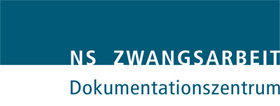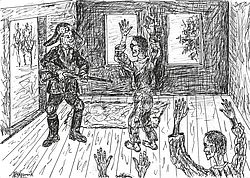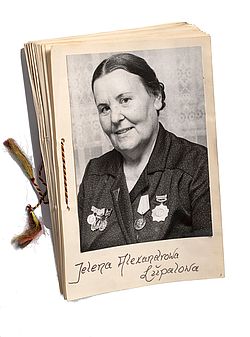Ended, but not over
Dealing with Nazi forced labour after 1945
With the liberation at the end of the war, most forced laborers tried to return to their home countries as quickly as possible. Recognition as a victim of the Nazi terror was, however, mostly denied to the returnees. In the best case they met with indifference, often they were regarded as traitors. The Soviet Union even accused former "Eastern workers" of collaborating with the Germans. Many of them were arrested and interned in penal labour camps.
The Allies punished forced labor as a "crime against humanity. In the Nuremberg Trials, harsh sentences were handed down against the main war criminals.
In the GDR and the Federal Republic, only crimes against forced laborers were prosecuted. Those who organized forced labor and profited from it remained mostly undisturbed. In addition, forced labor was trivialized as an inevitable consequence of the war, which meant that perpetrators in West Germany usually received minor punishments or were exempted from punishment. The GDR, on the other hand, demonstratively handed down harsh verdicts in trials, some of which were questionable under the rule of law.
For decades, the state and industry refused to compensate the former forced laborers. It was not until the 1980s that the German public slowly began to concern itself with the issue. Individual compensation payments were made from the year 2000 onwards. Former forced labourers who were still alive received a symbolic amount as a result. Soviet prisoners of war and Italian military internees are still waiting for their compensation.


